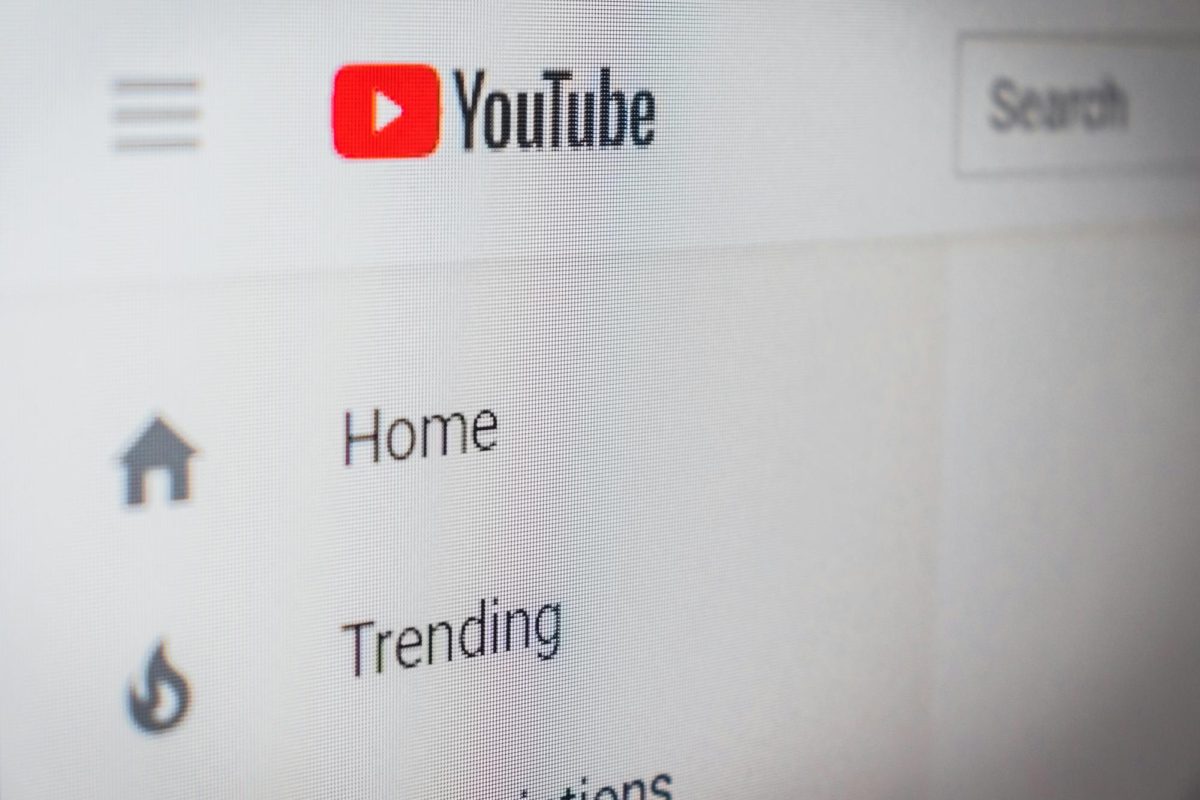
The way an issue is presented to you can drastically affect your opinion on it. Last fall, browsing through CNN’s headlines, I read that President Obama had deployed one hundred American troops to Uganda in order to train Ugandan soldiers to track and arrest a warlord named Joseph Kony. The article was very cut-and-dry, just giving the straight facts on the subject.
I discussed the issue with my coworkers at a staff meeting, focusing on whether the United States should be engaging in another conflict when we already had troops involved in Iraq, Afghanistan and Libya. We were tentatively supportive, but uneasy at the thought of the United States getting involved in yet another military engagement.
Fast-forward to this past Tuesday, when the video “Kony 2012” went viral and brought the story of Kony’s war crimes to a wider audience. It’s a powerful piece, and completely reshaped the way I looked at the issue, having not thought much about it since the CNN article in the fall. After watching Kony 2012, I support the United States’ efforts to bring Kony to justice and the deployment of troops into Uganda.
Joseph Kony is the leader of the Lord’s Resistance Army, a terrorist group in central Africa that seeks to establish itself as the dominant power in the region. The LRA commits atrocities against innocent people, including rape, torture and mutilation, and largely uses children to do this. Kony’s army abducts children and forces them to join the LRA; young girls are forced into sexual slavery, and young boys forced into fighting. The use of children in Kony’s army is what prompted the name of the charity that created the Kony 2012 video and works to bring Kony to justice: the “Invisible Children,” so named because few people around the world know of these children’s plight.
Invisible Children lobbied the United States government to intervene in central Africa; lawmakers eventually passed a resolution declaring it the policy of the United States government to capture or kill Joseph Kony, and President Obama responded by deploying the one hundred troops as ‘advisers’ to the Ugandan army.
Admittedly, pursuing Kony is trickier than the Kony 2012 video will lead you to believe. Kony has regularly responded with threats to capture or kill him with aggressive attacks on civilians. In addition, the problem with attacking a man who uses an army of children is that inevitably the child soldiers will be killed in the attempt.
There are also issues with trying to train the Ugandan army, a force which has also faced charges of rape and looting. While a hundred troops in an advisory capacity may seem like a minimal commitment on the part of the United States government, cynical historians remind us that this is how the Vietnam War started. An important question to ask is what the United States’ response will be if an American soldier is killed in central Africa, which, despite their official role, is always a possibility. Does the United States then ramp up their efforts in an attempt to end the situation, like Vietnam? Or do we pull out completely and once again leave the region to fend for itself, like the United States’ actions in Somalia?
Despite the questions, I believe it is in the best interest of the United States to intervene as it has in central Africa. While we are not the ‘world’s police,’ we do have the resources to help others help themselves, so to speak. As long as the American troops are only there in an advisory and training capacity, they are not ‘policing’ anyone, and are instead furthering the United States interests by enhancing relations with the United States and the rest of the world. When the world sees the United States bringing one of the world’s worst war criminals to justice, our status as a global hegemon is seen in a much more positive light.
Invisible Children has done good work to get Joseph Kony’s crimes into the national conversation and convince the government to respond. There are criticisms of the organization, however. As entertaining as their films are, they are expensive to make; in fact, only 32% of Invisible Children’s expenditures go to direct programming in central Africa. The vast majority of the money goes to making films or other media meant to raise awareness. Invisible Children is also criticized for simplifying the issues in central Africa as a ‘good vs. evil’ battle that can be solved by eliminating the villain, Kony.
This criticism is valid, but it should not distract from the larger issue of Kony’s war crimes and the need for him to be brought to justice. It is possible to both be critical of Invisible Children as an organization and agree with their core goal of defeating the Lord’s Resistance Army.
As awareness of the struggle in central Africa spreads and reaches UMass Amherst, it is important to keep the momentum going and move forward towards the end goal. Bringing Joseph Kony to justice is a human rights cause that all students can get behind, and it is for all these reasons that I support the efforts to do so.
Billy Rainsford is a Collegian columnist. He can be reached at [email protected].








![By freestocks.org [Creative Commons Zero], via Wikimedia Commons](https://dailycollegian.com/wp-content/uploads/2024/04/Picture1-1.png)



Rodrigo • Mar 8, 2012 at 4:13 am
sums it up pretty well… http://narwhaler.com/woke-up-today-made-4-million-enemies-kony-2012-xen5ym
corrie • Mar 8, 2012 at 1:00 am
awesome piece of work, they caught osama they should get this Kony pig!!! am in africa(kenya) and i can imagine what these children are going thru…
Rach • Mar 7, 2012 at 10:08 pm
“When the world sees the United States bringing one of the world’s worst war criminals to justice, our status as a global hegemon is seen in a much more positive light.”
You mean like Saddam Hussein???? I have yet to see our status as a global hegemon shine in a positive light.
I’m not saying I disagree with you. I believe in helping countries, but when our very own media vilifies our country’s leader at the time for doing exactly what you say in this quote, it doesn’t seem like we have very much luck in this area of getting involved.